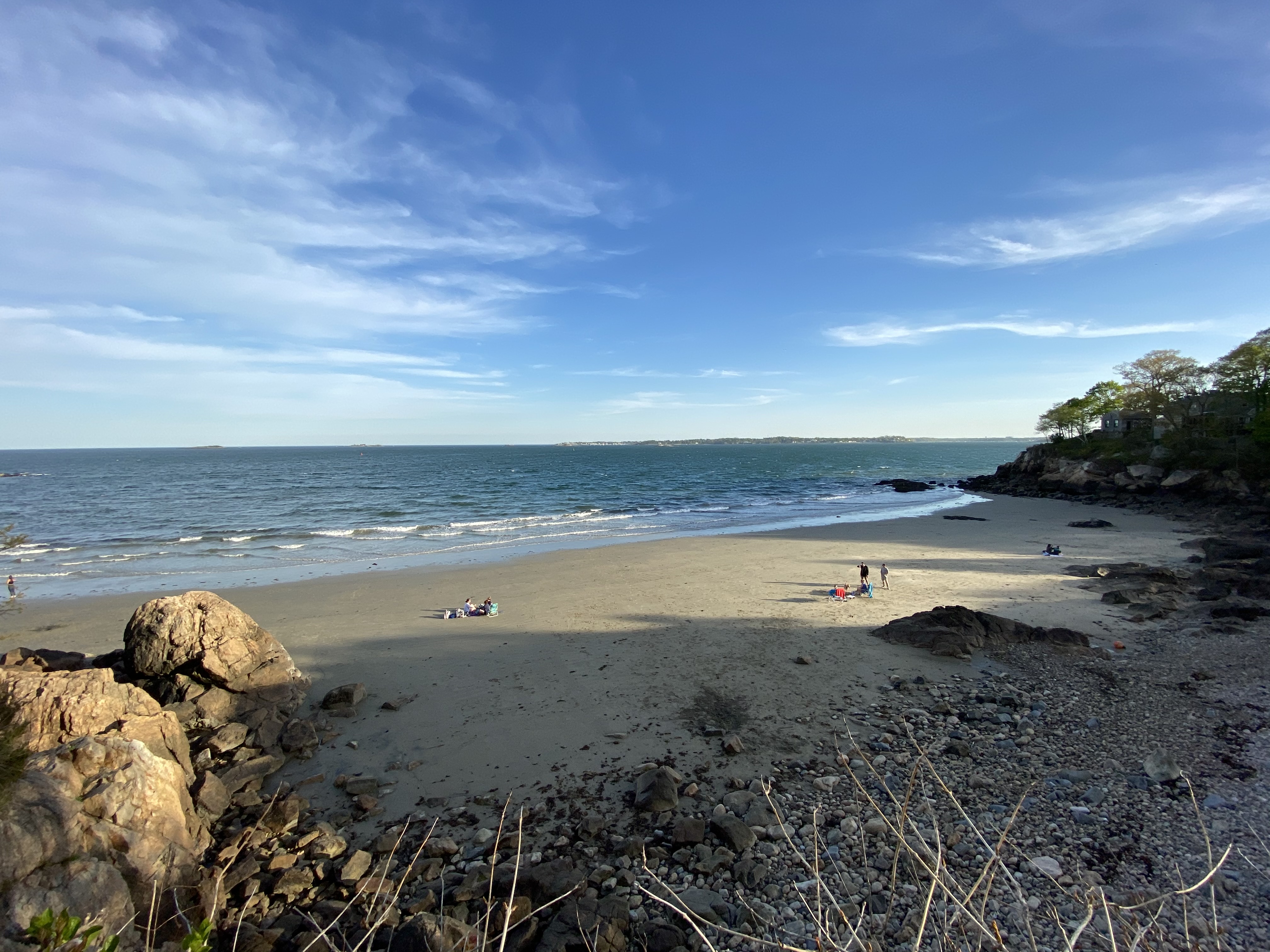
Uploaded on 2020-07-07 by Stephanie Caress
Provisioning services: With roughly 1500 miles of coastline and large freshwater reservoirs, Massachusetts allows for clean water and a healthy boon of marine life. Approximately 500 acres of land are used for farming, offering close proximity to fresh food and local farmers’ markets. Regulating services: Diversion to carbon-neutral efforts throughout the state are increasing as mitigation efforts to deforestation and other land-use changes that impact the canopy. In addition to regulating natural habitats, one-third of the state mandates recycling programs; many others encouraging composting as well. Habitat or Supporting services: Massachusetts Audubon Society owns and protects 650,000 acres of conservation land, including forests, wetlands, waterways, fields, beaches, etc. Massachusetts State Park system encompasses over 300,000 acres of land and is the 9th largest park system in the U.S. Protected land comprises 25% of the state’s total, with only 21% being developed. Forestry and protection of coastal climates are major concerns for the state. Cultural services: Connectivity of waterways and miles of coastline allows for plenty of recreational activity. Additionally, Audubon assists in tours and programming to understand the changing environment. The history of Massachusetts and its dynamic landscape, draws tourists throughout the year as a center of learning and leisure.